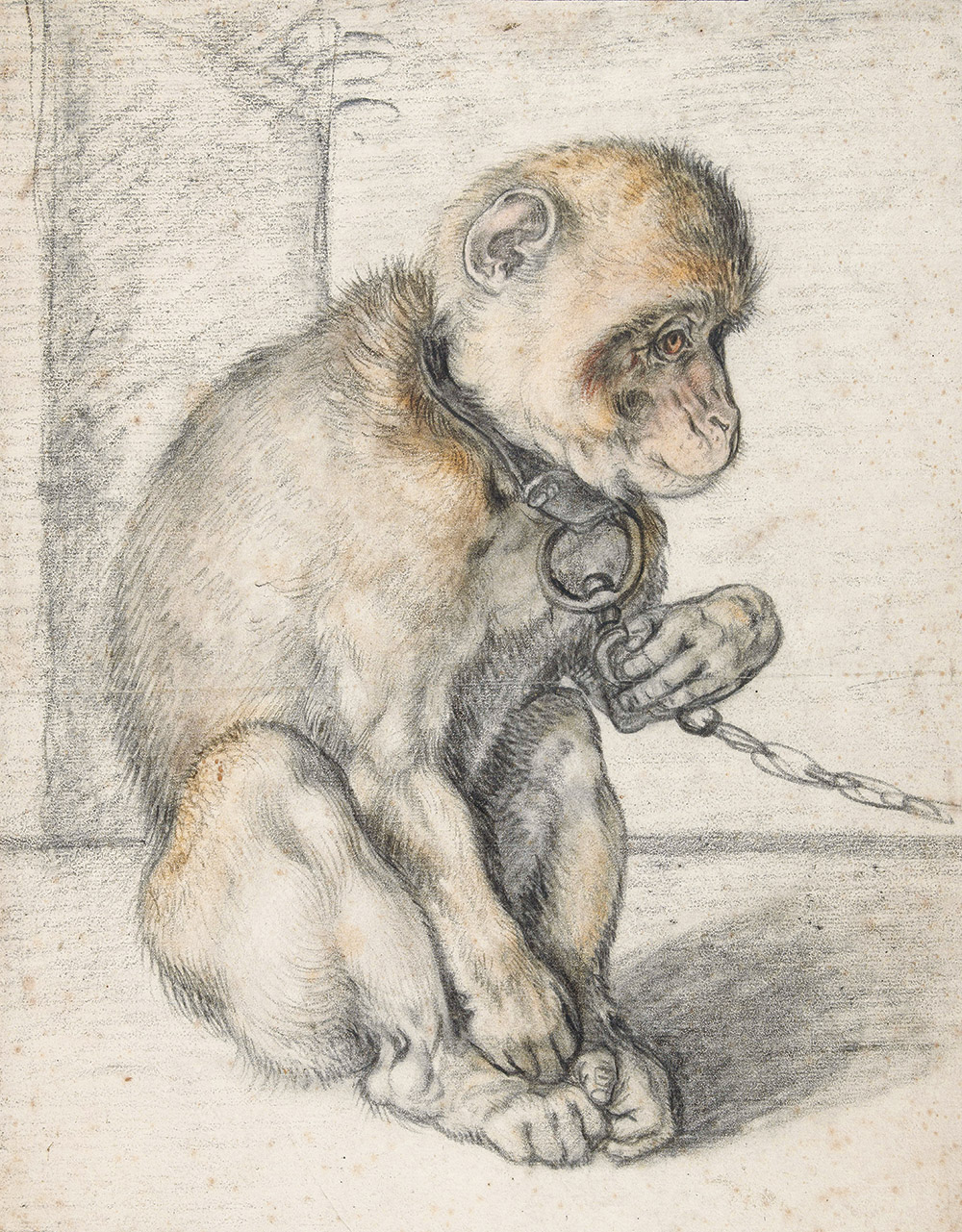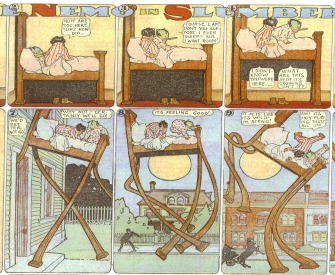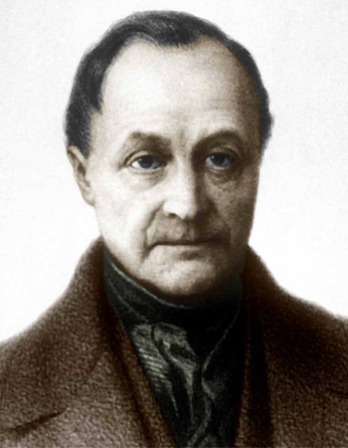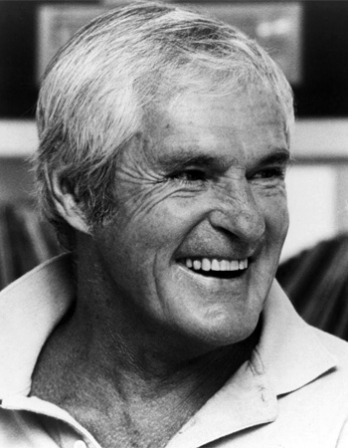Imagination continually outruns the creature it inhabits.
—Katherine Anne Porter, 1949Hash It Out
Charles Baudelaire sees marvelous things.
What does one experience? What does one see? Marvelous things? Wonderful sights? Is it very beautiful? Terrible? Dangerous?
Such are the usual questions that, with a curiosity mingled with fear, those ignorant of hashish address to its adepts. Generally speaking, there are three phases in hashish intoxication, easy enough to distinguish, and it is not uncommon for beginners to obtain only the first symptoms of the first phase. You have heard vague chatter about the marvelous effects of hashish; your imagination has preconceived a special idea, an ideal intoxication, so to say. You long to know if the reality will indeed reach the height of your hope; that alone is sufficient to throw you from the very beginning into an anxious state, favorable enough to the conquering and enveloping tendency of the poison.
Most novices, on their first initiation, complain of the slowness of the effects. They wait for them with a puerile impatience, and, the drug not acting quickly enough for their liking, they bluster long rigmaroles of incredulity, which are amusing enough for the old hands who know how hashish acts. The first attacks, like the symptoms of a storm that has held off for a long while, appear and multiply themselves in the bosom of this very incredulity. At first it is a certain hilarity, absurdly irresistible, that possesses you. These accesses of gaiety, without due cause, of which you are almost ashamed, frequently occur and divide the intervals of stupor, during which you seek in vain to pull yourself together. The simplest words, the most trivial ideas, take on a new and strange physiognomy. You are surprised at yourself for having up to now found them so simple. Incongruous likenesses and correspondences, impossible to foresee, interminable puns, comic sketches, spout eternally from your brain. The demon has encompassed you; it is useless to kick against the pricks of this hilarity, as painful as tickling is! From time to time you laugh to yourself at your stupidity and madness, and your comrades, if you are with others, laugh also, both at your state and their own; but as they laugh without malice, so you are without resentment.
This gaiety, turn by turn idle or acute, this uneasiness in joy, this insecurity, this indecision, lasts, as a rule, only a very short time. Soon the meanings of ideas become so vague, the conducting thread that binds your conceptions together becomes so tenuous, that none but your accomplices can understand you. And, again, on this subject and from this point of view, no means of verifying it! Perhaps they only think that they understand you, and the illusion is reciprocal. This frivolity, these bursts of laughter, like explosions, seem like a true mania, or at least like the delusion of a maniac, to every man who is not in the same state as yourself. What’s more, prudence and good sense, the regularity of the thoughts of him who witnesses but has been careful not to intoxicate himself, rejoice you and amuse you as if they were a particular form of dementia.
After this first phase of childish gaiety, there is, as it were, a momentary relaxation; but new events soon announce themselves by a sensation of coolness at the extremities. In your head, in all your being, you feel an embarrassing stupor and stupefaction. Your eyes start from your head; it is as if they were drawn in every direction by implacable ecstasy. Your face is deluged with paleness; the lips draw themselves in, sucked into the mouth with that movement of breathlessness that characterizes the ambition of a man who is the prey of his own great schemes, oppressed by enormous thoughts, or taking a long breath preparatory to a spring. The throat closes itself, so to say; the palate is dried up by a thirst that would be infinitely sweet to satisfy, if the delights of laziness were not still more agreeable and in opposition to the least disturbance of the body. Deep but hoarse sighs escape from your breast, as if the old bottle, your body, could not bear the passionate activity of the new wine, your new soul. From one time to another, a spasm transfixes you and makes you quiver, like those muscular discharges that at the end of a day’s work or on a stormy night precede definitive slumber.
It is, in fact, at this period of the intoxication that is manifested a new delicacy, a superior sharpness in each of the senses: smell, sight, hearing, touch join equally in this onward march; the eyes behold the infinite; the ear perceives almost inaudible sounds in the midst of the most tremendous tumult. It is then that the hallucinations begin; external objects take on wholly and successively most strange appearances; they are deformed and transformed. Then—the ambiguities, the misunderstandings, and the transpositions of ideas! Sounds cloak themselves with color; colors blossom into music. That, you will say, is nothing but natural. Every poetic brain in its healthy, normal state readily conceives these analogies. But there is nothing of the positively supernatural in hashish intoxication; only those analogies possess an unaccustomed liveliness; they penetrate and they envelop; they overwhelm the mind with their masterfulness. Musical notes become numbers; and if your mind is gifted with some mathematical aptitude, the harmony to which you listen, while keeping its voluptuous and sensual character, transforms itself into a vast rhythmical operation where numbers beget numbers, and whose phases and generation follow with an inexplicable ease and an agility which equals that of the person playing.

A Seated Monkey on a Chain (detail), by Hendrick Goltzius, c. 1600. © Rijksmuseum.
It happens sometimes that the sense of personality disappears and that the objectivity which is the birthright of pantheist poets develops itself in you so abnormally that the contemplation of exterior objects makes you forget your own existence and confound yourself with them. Your eye fixes itself on a tree, bent by the wind into a harmonious curve; in some seconds that which in the brain of a poet would only be a very natural comparison becomes in yours a reality. At first you lend to the tree your passions, desire, or melancholy; its creakings and oscillations become yours, and soon you are the tree. In the same way with the bird that hovers in the abyss of azure; at first it represents symbolically your own immortal longing to float above things human; but soon you are the bird itself. Suppose, again, you are seated smoking; your attention will rest a little too long on the bluish clouds that breathe forth from your pipe; the idea of a slow, continuous, eternal evaporation will possess itself of your spirit, and you will soon apply this idea to your own thoughts, to your own apparatus of thought. By a singular ambiguity, by a species of transposition or intellectual barter, you feel yourself evaporating, and you will attribute to your pipe, in which you feel yourself crouched and pressed down like the tobacco, the strange faculty of smoking you!
Luckily, this interminable imagination has only lasted a minute. For a lucid interval, seized with a great effort, has allowed you to look at the clock. But another current of ideas bears you away; it will roll you away for yet another minute in its living whirlwind, and this other minute will be an eternity. For the proportion of time and being are completely disordered by the multitude and intensity of your feelings and ideas. One may say that one lives many times the space of a man’s life during a single hour. Are you not, then, like a fantastic novel, but alive instead of being written? There is no longer any equation between the physical organs and their enjoyments; and it is above all on this account that arises the blame which one must give to this dangerous exercise in which liberty is forfeited.
The highest possible stage in moral culture is when we recognize that we ought to control our thoughts.
—Charles Darwin, 1871The following day’s fatigue does not show itself at once, and when you are obliged to acknowledge its existence, you do so not without surprise; for at first, when you are really assured that a new day has arisen on the horizon of your life, you experience an extraordinary sense of well-being; you seem to enjoy a marvelous lightness of spirit. But you are scarcely on your feet when a forgotten fragment of intoxication follows you and pulls you back; it is the badge of your recent slavery. Your enfeebled legs only conduct you with caution, and you fear at every moment to break yourself, as if you were made of porcelain. A wondrous languor—there are those who pretend that it does not lack charm—possesses itself of your spirit and spreads itself across your faculties as a fog spreads itself in a meadow. There, then, you are, for some hours yet, incapable of work, action, and energy. It is the punishment of an impious prodigality in which you have squandered your nervous force. You have dispersed your personality to the four winds of heaven—and now, what trouble to gather it up again and concentrate it!

Charles Baudelaire
From Artificial Paradises. That Baudelaire “once or twice tried hashish,” wrote Théophile Gautier, “is possible and even probable, but he did not make continuous use of it.” Though the poet probably only partook in 1845, he was a frequent attendee of the meetings of Le Club des Hachichins, along with other literary and artistic figures, such as Victor Hugo and Eugène Delacroix. Baudelaire “felt much repugnance for that sort of happiness,” Gautier wrote, “bought at the chemist’s and taken away in the vest pocket.”




